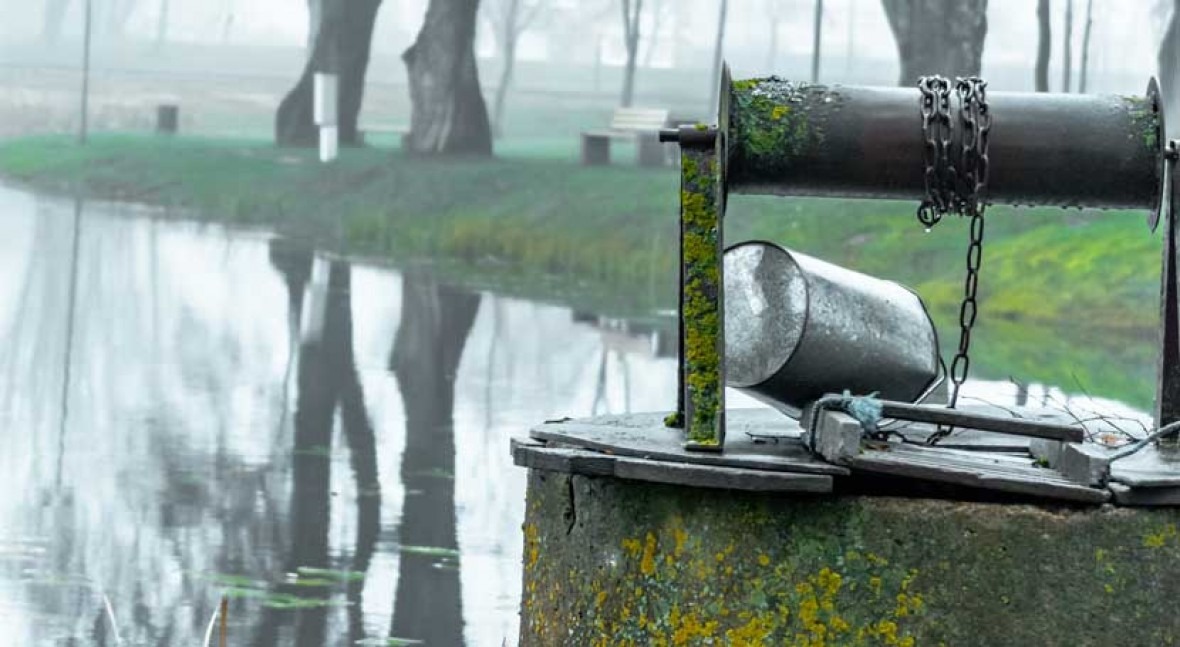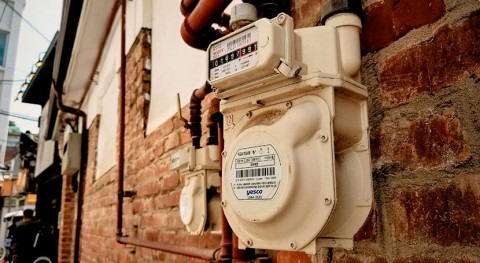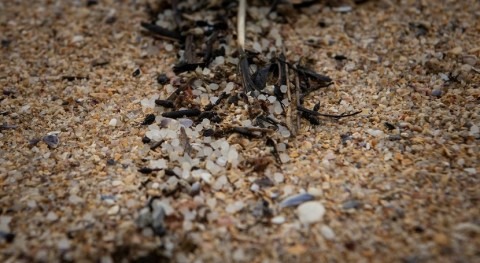In the United States, if you are a child from a household that gets its drinking water from a private well, you have a 25% higher probability of having high levels of lead in your blood than those from households that depend on municipal water services, reports The Guardian.
Those are the findings of a new study examining lead exposure in children who drink water from private wells, published in the Proceedings of the National Academy of Sciences. More than 42 million people in the U.S. drink water from unregulated private wells, about 13% of the population. Lead is a neurotoxin that contributes to irreversible cognitive damage in exposed children. According to the U.S. Centers for Disease Control and Prevention, no safe blood lead level in children has been identified: even low levels of lead in blood have been shown to affect IQ, ability to pay attention, and academic achievement.
The study authors looked at data on blood lead levels and drinking water source from close to 60,000 children in North Carolina, finding that blood lead concentrations in children living in households with private wells were 20% higher than those of children with community water services. As well, living in an older home, a lower value home, or a neighbourhood with a higher proportion of black residents was associated with higher lead concentrations in children’s blood.
The authors conclude that lead exposure “risks are compounded in African American neighbourhoods that remain excluded from access to nearby municipal water service, a legacy of discriminatory zoning practices that could contribute to persistent intergenerational poverty through its impacts on children’s cognitive development.”
The Safe Drinking Water Act’s requirements for lead monitoring and control do not cover private wells. Households that depend on private wells must test for lead on their own and, if necessary, take measures to manage corrosion-control systems or replace materials containing lead. This is rarely done because of lack of awareness and cost issues. The research stresses the need to “overhaul the Safe Drinking Water Act to provide support for households relying on private wells”, said Jackie MacDonald Gibson, author of the study, Chair of the Department of Environmental and Occupational Health, School of Public Health, Indiana University.




















